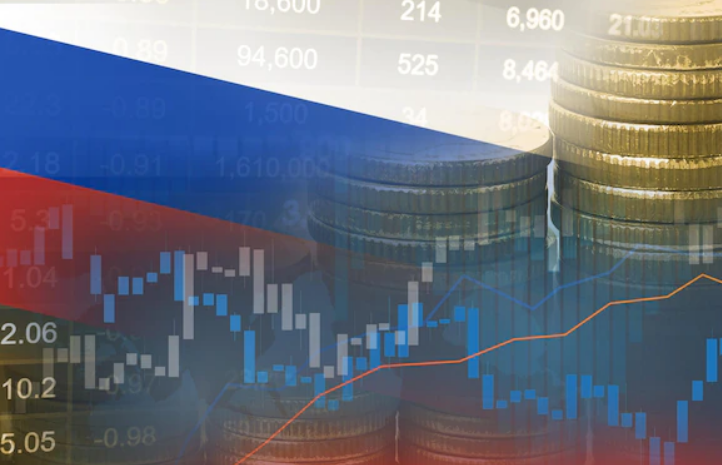
Asian equities got off to a shaky start on Monday as ongoing inflation fears and the likelihood of rising interest rates clouded the global economic picture, which continues to be marred by pessimism.
MSCI’s broadest index of Asia-Pacific equities outside Japan increased by 0.04 percent after U.S. stocks concluded the previous session with modest gains. The index has decreased by 3.6% so far this month.
In early trading, Australian equities were up 0.2%, while Japan’s Nikkei market index was up 0.85%.
The yield on benchmark 10-year Treasury notes jumped from Friday’s U.S. finish of 2.787 percent to 2.7883 percent on Monday.
The yield on the two-year Treasury note reached 2.5869 percent, up from 2.583 percent, as speculators anticipated rising Fed funds rates.
This week’s uncertain market attitude is a result of the S&P 500’s 0.01 percent increase on Friday.
While the Nasdaq fell 0.30 percent, the Dow Jones Industrial Average increased 0.03 percent.
Despite minor increases, the S&P 500 and Nasdaq posted their sixth consecutive week of losses, the longest losing stretch since the conclusion of the dot-com boom in 2001.
The Dow endured its longest losing streak since the Great Depression in 1932, when it lost eight weeks in a row.
Inflationary pressures continue to preoccupy investors, as German wholesale inflation data released on Friday showed a larger increase than anticipated, indicating that prices will remain elevated in the near future.
Germany’s producer price index increased by 2.8% in April, resulting in a persistently high annual growth rate of 33.5%.
During the weekend’s general election in Australia, the Labor Party toppled the conservatives’ nearly decade-long control.
Analysts say the change in administration will not have significant effects on the nation’s economy, despite Labor’s promises of climate, housing, and improved social welfare changes.
Economists from the CBA said on Monday, “There was little offered by the incoming government during the election campaign that caused us to revise our economic estimates at this time.”
In other words, our economic forecasts and recommendations to the RBA remain unaltered despite the change in national leadership.
In early Asian trading, the dollar appreciated 0.04 percent against the yen to 127.9 per yen. It is still a considerable distance from its yearly high of 131.34 on 2022-05-09.
U.S. crude slipped 0.04 percent to $110.24 a barrel. Brent crude increased 0.23 percent to $112.68 per barrel.
Concerns over the global economy’s expansion have generated increasing demand for gold.
“Gold prices posted their first weekly rise since mid-April as fears over economic growth and high inflation fuelled demand for safe-haven assets,” ANZ analysts wrote in a Monday research note. The weakening of the U.S. currency has also increased investor desire.
Early Monday morning, spot gold was up 0.3% to $1847.0226 per ounce.




